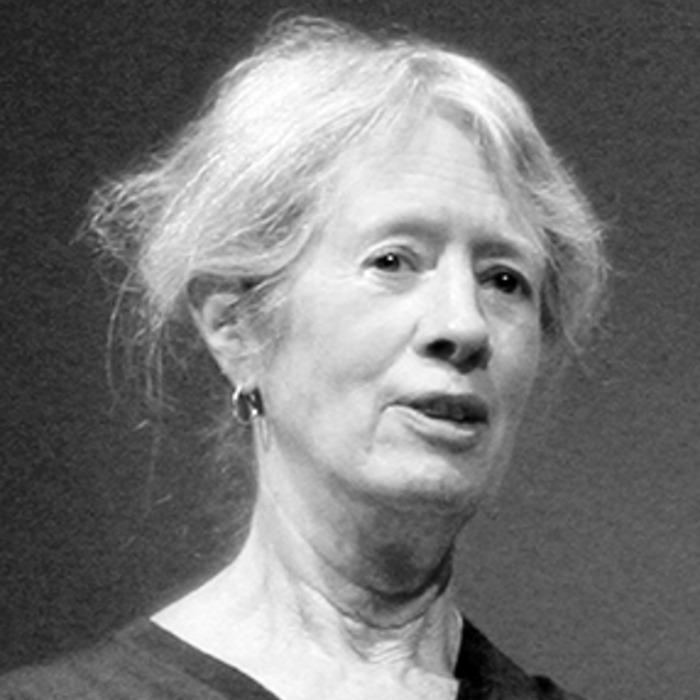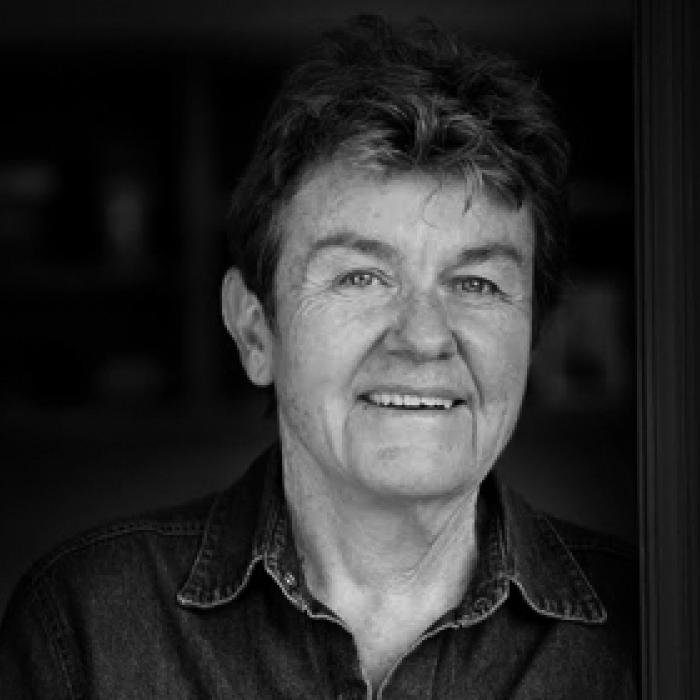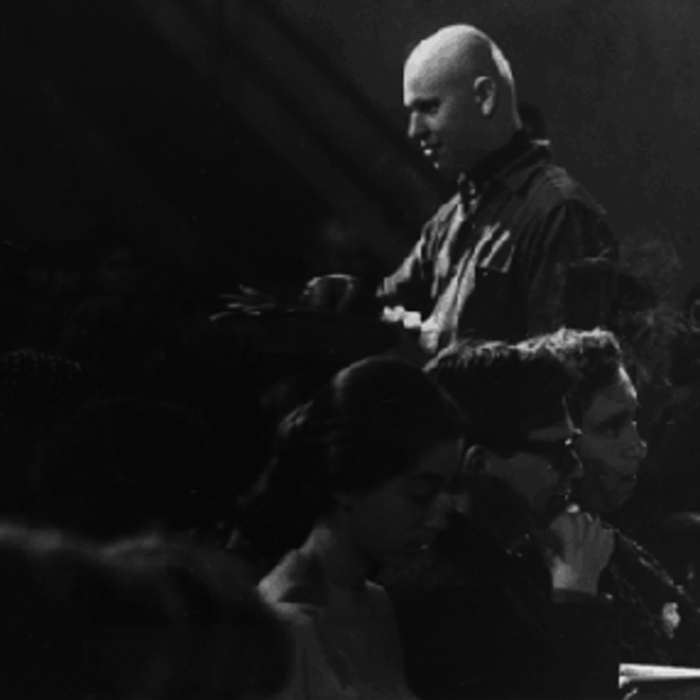Ron Silliman
Ron Silliman was born on August 5, 1946, in Pasco, Washington, and raised in Albany, California, north of Berkeley. He attended San Francisco State University, Merritt College, and the University of California, Berkeley, between 1965 and 1970 but left in his senior year during the Vietnam War to perform alternate service as a conscientious objector to the draft.
While still in college, Silliman had poems accepted by many of the more traditional journals of the 1960s, including Poetry, TriQuarterly, Poetry Northwest, and Southern Review. By the time he published his first book, Crow (Ithaca House, 1971), he had become part of a group of Bay Area poets that later became known as the founders of Language poetry. Others in the group included Rae Armantrout, Robert Grenier, David Melnick, Barrett Watten, and, as the decade progressed, Charles Bernstein, Clark Coolidge, Lyn Hejinian, and Bob Perelman.
Since 1974, Silliman has been working on a single poem entitled Ketjak. The title is taken from a Balinese chant performed by a circle of more than one hundred men. The chant reenacts a battle from the ancient Sanskrit epic the Ramayana. Silliman’s Ketjak project is composed of four works: The Age of Huts, Tjanting, The Alphabet, and Universe. With the exception of the book-length poem Tjanting (The Figures, 1981), each of the other projects is also a compilation of texts. Ketjak is also the title of his book-length prose poem, published by This Press in 1978, which serves as the first section of The Age of Huts and marked Silliman’s emergence as a force in post avant-garde poetics.
Among Silliman’s more than twenty books of poetry are Under Albany (Salt, 2004), which was named a book of the year by Small Press Traffic;Woundwood (Cuneiform Press, 2004); Xing (Meow Press, 1996); What (Figures, 1988); Paradise (Burning Deck, 1985), which received the Poetry Center Book Award from San Francisco State University; and ABC (Tuumba Press, 1983).
Silliman’s anthology, In the American Tree: Language, Realism, Poetry (National Poetry Foundation, 1986), remains a primary resource for readers interested in this literary movement. His book of talks and essays, The New Sentence (Segue Foundation, 1987), is reflective of Language poetry’s interest in critical self-examination. The book’s title essay became synonymous with a resurgence of the prose poem, especially in longer formats. In 2002, Silliman’s interest in critical discourse by and for poets led him to create one of the earliest blogs on the subject of poetry. Within three years, Silliman’s Blog had received more than five hundred thousand visitors for its daily examinations of poetry, the arts, and contemporary society.
About Under Albany, the poet Charles Bernstein has said:
This constructivist memoir provides an exquisitely rich exploration of the relation of context to reference, subtext to meaning, back story to presented experience, and composition to poetics. All of Silliman’s work unravels and reforms in this exemplary and exhilarating act of attention, recollection, and reflection.
Silliman is the recipient of grants and fellowships from the National Endowment for the Arts, the California Arts Council, the Pennsylvania Council for the Arts, and the Pew Foundation. He has received a Pushcart Prize and has been included twice in the Best American Poetry anthology series.
Throughout the 1970s, Silliman worked in activist positions in nonprofit organizations, working with prisoners and in inner city, low-income neighborhoods. After teaching at San Francisco State University, the University of California at San Diego, and the New College of California, Silliman became the director of development for the California Institute of Integral Studies, a position he held for several years before taking over as executive editor of The Socialist Review, one of the leading activist journals that emerged in the 1960s. Silliman worked for eleven years as a principal analyst with Gartner, Inc., an information-technology research organization. He is currently a lecturer at the University of Pennsylvania, where he served as a Kelly Writers House Fellow in 2012.
Since 1995, Silliman has resided in Chester County, Pennsylvania.





